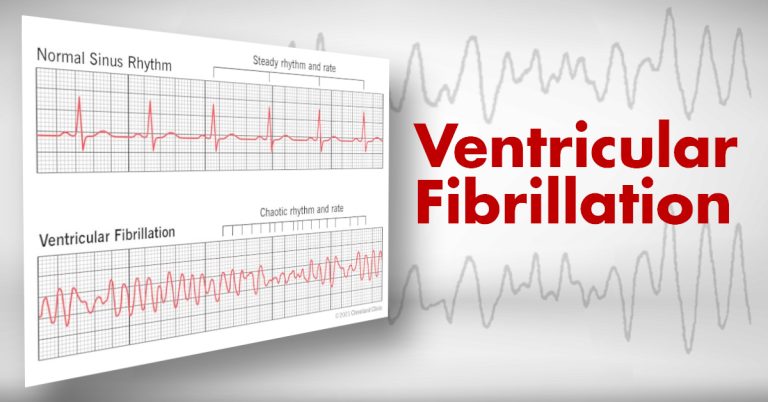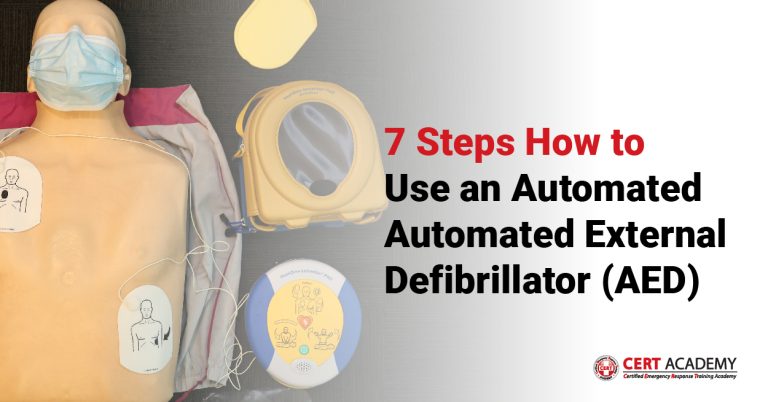Call Us +603-8066 8665
Basic Life Support and Its Vital Role in Combating Ventricular Fibrillation
In the realm of emergency medical care, ventricular fibrillation stands as a life-threatening cardiac condition that requires immediate intervention to save a person’s life. Basic Life Support (BLS) is a crucial set of skills and knowledge that can be a difference-maker in such dire situations. In this essay, we will delve into the significance of BLS in addressing ventricular fibrillation, the importance of BLS training and certification, and its global reach, including its presence in Malaysia.

Ventricular fibrillation is a cardiac arrhythmia characterized by chaotic, rapid contractions of the heart’s ventricles. This condition results in an erratic heartbeat, which causes the heart to quiver rather than pump blood effectively. This leads to a sudden cessation of blood flow to vital organs, including the brain, and can result in unconsciousness, brain damage, or death within minutes if left untreated. Ventricular fibrillation is a leading cause of sudden cardiac arrest, making immediate intervention crucial.
Basic Life Support (BLS) is a fundamental set of life-saving skills designed to maintain the circulation of oxygenated blood and prevent brain damage in individuals experiencing cardiac arrest, including ventricular fibrillation. BLS techniques include chest compressions, rescue breaths, and the use of an automated external defibrillator (AED) to restore a normal heart rhythm.
BLS Training and Certification:
To effectively perform BLS and respond to emergencies like ventricular fibrillation, individuals must undergo BLS training. BLS courses typically cover the following aspects:
1. Chest Compressions: Proper technique for providing high-quality chest compressions at the correct rate and depth.
2. Rescue Breaths: How to provide rescue breaths to ensure adequate oxygenation of the victim.
3. AED Usage: Instruction on using an AED to analyse the heart rhythm and deliver a shock if necessary.
4. Recognition of Cardiac Arrest: Identifying the signs and symptoms of cardiac arrest and initiating the BLS protocol promptly.
5. Team Dynamics: Training individuals to work effectively in a team during resuscitation efforts.
BLS Certification ensures that individuals have acquired the necessary skills and knowledge to respond effectively to cardiac emergencies. Certification typically requires successful completion of a BLS course, including a written exam and practical skills assessment. This certification is usually valid for one to two years, after which individuals must undergo re-certification to stay up-to-date with the latest guidelines and techniques.
Basic Life Support is not limited by borders. BLS training and certification are recognized and practiced worldwide. Organizations such as the American Heart Association (AHA) and Cert Academy Sdn Bhd offer BLS courses and certifications that adhere to international guidelines. BLS International facilitates the dissemination of life-saving knowledge, making it accessible to individuals, healthcare professionals, and communities across the globe.
In Malaysia, as in many other countries, Basic Life Support plays a vital role in improving public health and safety. BLS training is offered by various institutions, including hospitals, educational organizations, and private training providers. These courses are designed to empower Malaysians with the skills needed to respond effectively to cardiac emergencies.
Basic Life Support courses in Malaysia cover topics such as local emergency response protocols, cultural considerations, and the use of AEDs that are readily available in public places. BLS Certification in Malaysia is recognized and respected, enabling certified individuals to contribute to the well-being of their communities.
In conclusion, ventricular fibrillation is a life-threatening cardiac condition that demands swift intervention. Basic Life Support, with its focus on chest compressions, rescue breaths, and AED usage, plays a pivotal role in increasing the chances of survival for individuals experiencing ventricular fibrillation. BLS training and certification are essential components of equipping individuals with the skills and knowledge necessary to respond effectively in cardiac emergencies, and this life-saving knowledge is accessible globally, including in Malaysia. By promoting BLS, we promote a culture of safety and preparedness that can save lives when every second counts.



